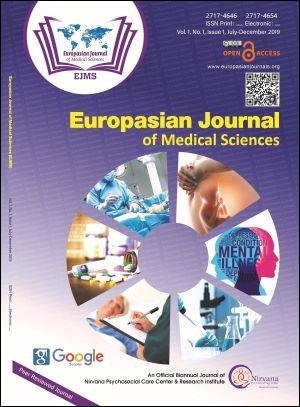What can other countries learn from South Korea’s COVID-19 responses?
Keywords:
COVID-19, Pandemic, Response, South KoreaAbstract
The COVID-19 pandemic is rapidly growing and has been a major challenge for the health system globally. As of 27 April 2020, 213 countries around the world are struggling to combat the spreading the virus with 28,58,635 confirmed cases and 1,96,295 confirmed deaths. The first case in South Korea was identified on 20 Jan 2020 but the number of confirmed cases started to increase rapidly on end of February 2020 with total of 7,513 cases reported as of 10 March 2020, second country to have experience outbreak.
South Korea’s effort to control the virus combined many approaches, such as organized and no negligence in response, extensive screening, provision of improved information and the use of technology. This experience could provide some valuable lessons for countries on response to control the spread of pandemic disease like COVID-19 or any other outbreak situation in coming days or for those who are yet to face the COVID-19 outbreak so that they can control the disease spread in early phase.
In this article, we explore about the strategies used by South Korea to stifle the pandemic who were hit so bad by COVID-19 from the very early stage and discuss how countries can response the process to control the disease like COVID-19 or any other outbreak situations in future.
Downloads
Downloads
Published
How to Cite
Issue
Section
License
The author(s) retain the ownership of the copyrights for their work published in EJMS without any restrictions. Upon submission, the author(s) grants EJMS a license to publish, including to display, store, copy, and reuse the published content.
License to Publish
By submitting a manuscript to EJMS, the author(s) grant the journal a non-exclusive license to:
- Publish and distribute the content in all formats, media, and platforms (both existing and future), while identifying EJMS as the original publisher.
- Reproduce, display, and store the content in both print and online formats, including institutional and digital repositories.
- Translate, adapt, and summarize the work, including reprints, extracts, and abstracts.
- Develop derivative works based on the original content.
- Include the work in electronic databases and provide links to third-party materials.
Creative Commons Licensing
In addition to EJMS’s publishing rights, authors grant third parties the right to use, share, and distribute their work under the Creative Commons Attribution 4.0 (CC BY 4.0) International License. This allows unrestricted use of the content, provided proper attribution is given to the original author(s) and the journal.

